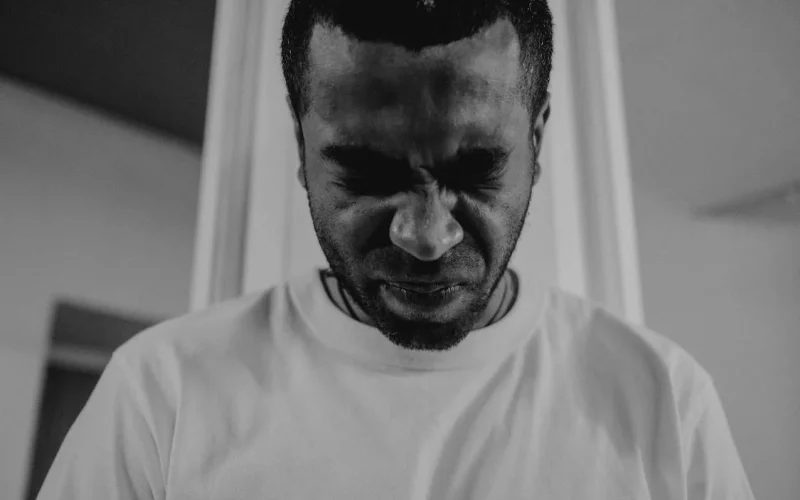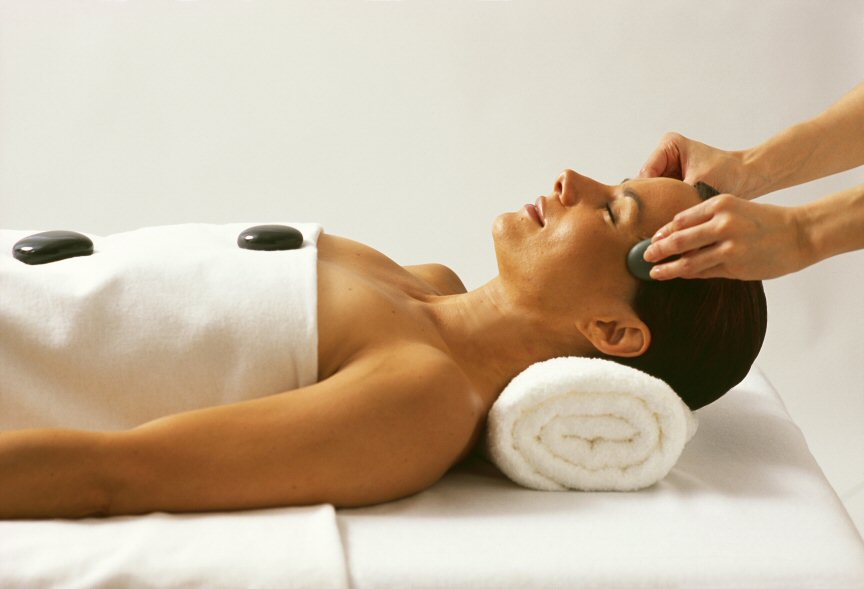Content Summary
- What is considered normal urination
- “Normal” number of urinations per day
- Normal amount of urine with each urination
- Normal waiting time between urination and urination
- Urination during the night:
- When can more frequent urination be considered abnormal?
- What are the causes of increased micturition frequency?
- How to diagnose the cause of frequent urination?
- Treatment
To consider what “normal” urination is, two anatomical and functional elements must be taken into account:
- On the one hand, the kidney, which balances the amount of fluids in the body, and which retains or eliminates water (urine) to achieve this. A quantity of urine per day of 1 to 2 liters is considered “normal”.
- On the other hand, there is the urinary bladder, which is a muscular and hollow organ that stores urine. The bladder has a maximum capacity of around 600 ml. Between one urination and the next, the bladder will store urine and as more urine accumulates, the person will perceive the stimulus and begin to want to urinate. Generally, this occurs when the bladder contains a volume of urine between 250 and 350 ml . At that moment the detrusor muscle (which covers the entire bladder and perceives that urine is accumulating) sends a signal to our brain that tells us that it is necessary to empty the bladder. Although the person will be able to hold urination until the maximum capacity is reached, it does not mean that it is desirable to reach this limit.
What is considered normal urination
Depending on these two elements (kidney and bladder), an adult male will urinate a number of times a day and will eliminate a certain amount of urine with each urination, which we summarize below.
“Normal” number of urinations per day
There is no “normal” number of times. If we increase the daily intake of water, the frequency of visits to the bathroom will also logically be higher. The number of times will be influenced not only by the amount of liquids that the person drinks but also by the type. For example, caffeine and alcohol stimulate the bladder and the person will urinate more times. There are also people with chronic anxiety or marked stress that may cause them to need to go to the bathroom more frequently. But, in general, the average for healthy men is 4 to 8 times a day.
Normal amount of urine with each urination
There is also no “normal” volume or amount of urine that must be made with each urination. But, generally, an adult male expels between 250 and 400 ml of urine with each urination.
Normal waiting time between urination and urination
Most healthy adults can go 3-4 hours without going to the bathroom.
Urination during the night:
Most young adults go through the night without needing to urinate. It must be taken into account that, normally, the amount of urine that the kidney produces decreases during the night. This allows most people to sleep 6 to 8 hours without getting up to urinate. This is not the case if, for example, liquids have been taken shortly before going to sleep.
When can more frequent urination be considered abnormal?
We have said that in adult males it is normal to urinate up to 8 times a day, not get up to urinate at night and endure 3-4 hours during the day without going to urinate. Thus, if the person (considering an intake of about 2 liters of water per day) goes more than 8 times a day, gets up to urinate 2 or more times at night or is not able to hold urine for more than 2 -3 hours, we can talk about frequent (or more frequent) and abnormal urination, which would indicate that there may be an underlying medical problem.
It is also important to note that this increased frequency of urination only becomes a problem for the person if it begins to affect their quality of life and interrupt the sleep cycle. In other words, a person who habitually urinates, for example, 9 times a day and it does not affect her quality of life, will not be, a priori, a medical problem. However, if that same person used to urinate 6 or 7 times a day and starts urinating more times, or has to get up at night to urinate, he should see his doctor.
There are other symptoms related to urination, such as a weak urine stream, having difficulty starting urination, an interruption in the urine stream when urination has already begun, urine being retained from the beginning and not urinate at all, having pain or irritation when urinating, having an urgent desire to urinate shortly after urinating. However, some of them may be caused by the same disease that causes more frequent urination.
We remember that the greater frequency is different from urinary incontinence , in which there are urine leaks.
What are the causes of increased micturition frequency?
- Drinking too much fluid during the day. If the excessive intake is at the end of the afternoon or shortly before going to sleep, the greater urinary frequency will occur during the night.
- Drink alcohol or caffeinated drinks. Alcohol and caffeine are diuretic substances, which means they increase urine output. Drinking caffeine or alcohol after dinner or shortly before bedtime will cause increased urinary frequency at night.
- Spicy foods. Spicy substances irritate the bladder and this stimulates increased frequency of urination.
- The intake of large amounts of vitamins C and D, as well as the intramuscular administration of vitamin B12 can cause increased micturition frequency.
- Stress and agitation can also cause a person to wake up to urinate several times during the night.
- The anxiety that can be produced, for example, by an upcoming stressful event increases the frequency of micturition. And the greater the anxiety, the more pronounced the micturition frequency.
- Certain medications can produce a greater amount of urine such as diuretics (furosemide, torasemide, hydrochlorothiazide and others) due to their own diuretic effect; and, sometimes, muscle relaxants (diazepam, lorazepam and others), by relaxing the bladder muscles (the detrusor muscle we talked about earlier).
- Benign (non-cancerous) enlargement of the prostate gland , known as benign prostatic hyperplasia (BPH) is the main cause of increased micturition frequency in men. The prostate is located below the bladder and surrounds the urethra (the tube through which urine passes from the bladder to the outside). The prostate usually enlarges as men age. This enlargement, due to its position, causes it to squeeze the urethra and block the outflow of urine. As a result, the bladder cannot be completely emptied, making you feel the need to go to the bathroom more often, especially at night.
- Bladder or urinary tract infection. The irritation of the bladder by the infectious process produces several symptoms in urination, including increased frequency.
- Diabetes mellitus not well controlled , both type 1 and type 2, due to excess sugar in the blood. When there is excess sugar, the kidneys need to excrete additional water to dilute and flush out the excess sugar in the blood.
- Diabetes insipidus. In this disorder there is a reduction in the production of the hormone vasopressin in the blood. This hormone decreases urination so its absence causes increased urination.
- Heart failure. When the patient lies down and adopts a horizontal position (decubitus), the excess fluid retained in the body (legs) reaches the heart more easily and from there to the kidneys, which increases the amount of urine and the frequency of urination.
- Venous insufficiency. This usually causes swollen legs and, as occurs in the heart failure that we have just referred to, it produces an increased micturition frequency.
- Chronic renal failure. Mild or moderate loss of kidney function may cause the need to urinate several times during the night. This occurs because the kidneys cannot absorb water from the urine to reduce the volume and concentrate it, as normally happens at night.
- Obstructive sleep apnea . It causes the need to urinate more frequently during the night.
- Elevated level of calcium in the blood (hypercalcemia). Excess calcium causes the kidneys to lose or decrease their ability to concentrate urine and this causes increased urination, especially at night.
- Overactive bladder. This term does not indicate a disease, but rather a set of symptoms caused by the brain mistakenly telling the bladder to empty, even when it is not necessary, causing you to urinate before you really need to.
- Interstitial cystitis, also called painful bladder syndrome. It is a chronic condition that causes pressure and pain in the bladder. The nerve and muscle signals that detect that the bladder is filling with urine are inadequate and the person feels the need to urinate more frequently and with smaller volumes of urine and these symptoms are associated with pain.
- Bladder cancer: This is rather rare and not the first thing to think of if you urinate more often. Cancer generally has other symptoms that make this diagnosis suspect, such as blood in the urine. The mechanism of increased urination is because the cancer causes irritation of the bladder.
How to diagnose the cause of frequent urination?
If the person needs to urinate many times in an excessive and annoying way, it is necessary to go to a specialist in Urology to see the origin.
The doctor, first of all, will do a directed questioning as well as a physical examination. The doctor might ask about the following things: for example, when did the urination start to become more frequent, how has it changed, does it happen at night, what medications does the person take, how much fluid does they drink, how much caffeine and alcohol consume and if this has changed recently, if there has been a change in the color of the urine…
Physical examination should include a digital rectal examination to determine whether or not the prostate is enlarged.
Subsequently, with the data obtained from the interview and physical examination, the doctor may order some studies, which are listed below. You don’t have to ask for all of them at the outset and many of them will never need to be done either.
- Blood tests , which should include blood glucose (sugar), kidney function, calcium levels, and prostate antigen.
- Urinalysis , to identify any abnormalities in the urine, especially to confirm or rule out infection or the presence of blood.
- Renal ultrasound , to have a visual image of the kidneys and urinary tract.
- Plain x-ray or computed tomography (CT) scan of the abdomen and pelvis.
- Prostatic transrectal ultrasound . An ultrasound probe is inserted into the rectum to measure the size of the prostate.
- Magnetic resonance imaging of the prostate.
- Biopsy of the prostate , to take samples of prostate tissue. Subsequent microscopic examination of the biopsied tissue can help the doctor diagnose or rule out prostate cancer.
- Urinary flow test . You urinate into a container that is connected to a machine that measures the strength and amount of your urine stream.
- Residual urine test after voiding. This test measures whether the person can empty your bladder completely. This test can be done using an ultrasound or by inserting a probe into the bladder after urinating to measure the volume of urine left in the bladder.
- Voiding diary. The patient records various parameters, including the times he goes to the bathroom and the amount of urine he makes with each urination; also the amount of liquid that he drinks.. Generally a record of 2 or 3 days in total is made. It is very useful when there is a greater frequency of urination at night.
- Urodynamic tests. They assess the effectiveness of the urinary bladder in storing and releasing urine. A catheter is placed into the bladder through the urethra. Water (or air) is slowly injected into the bladder and thus the pressures are measured when the bladder is filling and then when it is emptying.
- Voiding cystography: It is an imaging test to observe the filling and emptying of the bladder. Contrast fluid is injected into the bladder through a catheter and x-rays are taken as the bladder fills and then as it empties with urination.
- A flexible, lighted instrument (cystoscope) is inserted into the urethra, allowing the doctor to see the inside of the urethra and bladder.
Treatment
Treatment will depend on the underlying cause. Although it is possible that an increase in the frequency of urination alone, without other symptoms or signs and without affecting the quality of life, does not require special treatment.
- If there is an excess consumption of coffee or alcohol or spicy foods, reducing your consumption will probably be enough. The same if you drink a lot of liquids before going to sleep, a situation in which you will have to distribute the liquids during the day and reduce the amount you drink in the evening.
- If the person takes medications that can increase the frequency of urination, replacing them with others (if possible) or dividing the doses throughout the day can solve the problem.
- Stress and anxiety can be combated with behavioral techniques and other psychological measures.
- If there is prostatic hypertrophy, the patient will be prescribed drug therapy (one or a combination of them) and, if this does not work, surgery will be proposed.
- For a bacterial infection in the urinary tract or bladder, the treatment is the administration of antibiotics.
- If the consultation with the doctor leads to a diagnosis of diabetes mellitus or if the patient is already diagnosed but the control is not good, the treatment of the abnormal frequency of urination will be to correct and maintain good blood sugar levels . The same in the case of diabetes insipidus, adjusting the drug treatment that the person takes. And the same for hypercalcemia.
- If the diagnosis is sleep apnea, weight loss and CPAP treatment may normalize micturition frequency.
- In the case of edema from both heart failure and swollen legs, the treatment will be to improve the contractile capacity of the heart , also decreasing the volume of circulating blood, and improving venous circulation, respectively.
- And if the cause is an overactive bladder, antispasmodic and pain medications can be used and, if this is not enough, injecting botox into the bladder can be considered.
What you should know…
-
- If the person needs to urinate many times in an excessive and annoying way, it is necessary to go to a specialist in Urology to see the origin.
- Treatment will depend on the underlying cause. Although it is possible that an increase in the frequency of urination alone, without other symptoms or signs and without affecting the quality of life, does not require special treatment.
- Drinking too much water during the day and especially during the afternoon will cause us to get up to urinate at night. But it also influences alcohol and caffeine, spicy foods, certain medications, as well as stress and anxiety, for example.











